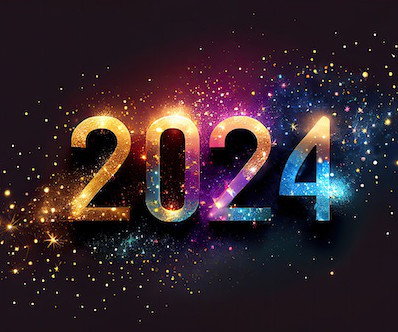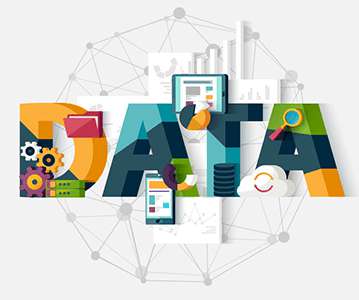What are the Examples of Digital Literacy Skills?
eSchool News
JANUARY 3, 2024
Digital literacy encompasses a range of competencies, including information navigation, critical thinking, and ethical engagement with digital tools. Equipping students with these skills as they’re learning in the digital age is vital for their academic success and future readiness.

















Let's personalize your content